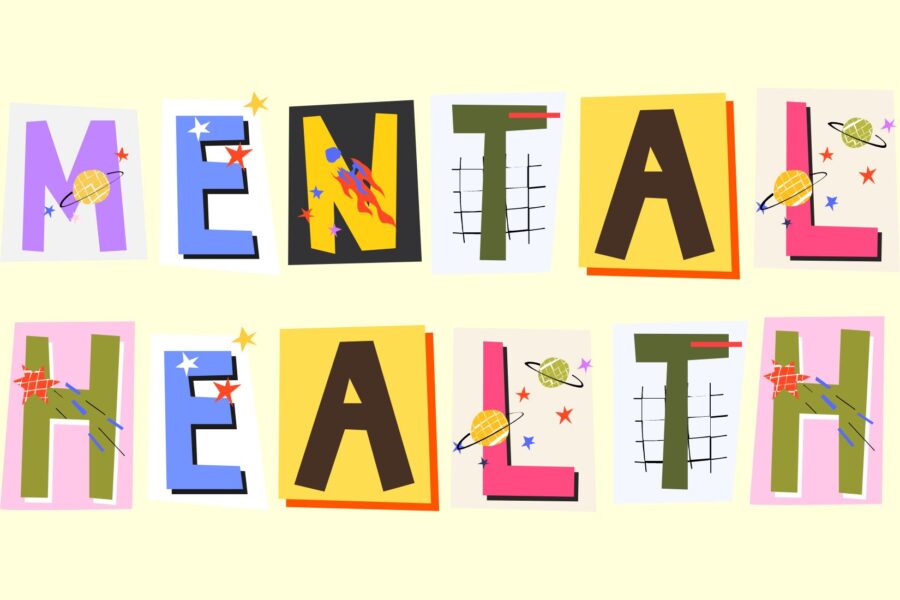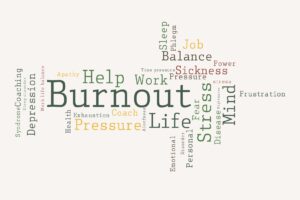Part II
Your Mental Health
The last blog post examined mental health and made it clear that there is absolutely nothing wrong with struggling with your mental health. This week’s post is all about how to become mentally healthy and maintaining your mental health.
Student-athletes represent a unique and demanding culture. The pressures and demands on student-athletes can be great. Between practices, time demands, competitions, travel, academics, conditioning, athletic performance, pressures, stressors, injury and rehab, student-athletes face a demanding life style. Social interactions and relationships, both in the home and outside of the home, often take a back seat to the commitment of the student-athletes education and sport. Couple all of the above with the pressure to win, to perform, and to execute. And the losses? Well, those are often questioned and criticized, not only privately, but publicly as well. It’s no wonder playing a sport wears on a student-athlete’s mental health. To successfully address mental health, three areas need to be considered: awareness, support, and resources.
AWARENESS
Know the warning signs that indicate there is something wrong. Signs that your mental health may be suffering are,
* Changes in your sleep pattern
* Not eating well or eating at all
* Mood swings
* Crying episodes
* Sleeping more than normal
* Unexplainable anger
* Irritable
* Unexplainable underperformance in his/her sport
* Lack of interest in things once enjoyed
* Social isolation
* Rapid weight gain or loss
* Feelings of apathy or hopelessness
* Decline in academic performance
* Decrease in energy levels
SUPPORT
When you or a friend go through this, you may feel like there is no hope, but there is. Keep in mind that you are not alone. Talk to somebody… parent(s), coach, doctor, trainer, mentor, teacher, counselor, friend, or another family member. Here are some strategies to help you,
* Talk to someone. This cannot be stressed enough!
* Pray/Meditate
* Reflect on what’s going right
* Healthy rest/sleep
* Take a step back from your sport. Re-evaluate your short-term objectives and long-term goals.
* Be flexible
* Manage stress (do something fun!!!)
* Healthy diet
* Avoid foods/substances that depletes the body and alters mood ~ caffeine, alcohol, over the counter medicine, prescription drugs (unless absolutely necessary), sugary snacks, to name a few.
* Other ~ what works for you
* Know, find, and use available resources
RESOURCES
Support services are available to anyone who needs them! Most college campuses recognize the need for student mental health resources, and most colleges offer multiple services. As a result of the pandemic, most high schools have stepped up to recognizing the need for mental health services. In addition to your health care plan, there are a myriad of organizations, mental health apps, on campus groups, etc., available to you.
Suicide Prevention Hotline
(800) 273-8255
Mental Health Crisis Services
(916) 520-2460
More Help
https://www.ncaa.org/sports/2016/8/4/mental-health-educational-resources.aspx
https://www.mentalhealthca.org/resources
https://www.helpguide.org/articles/mental-health/building-better-mental-health.htm
Being a mentally healthy student-athlete doesn’t mean never going through tough times or experiencing emotional problems. It doesn’t mean that you cannot become frustrated, angry, etc. That doesn’t just come with playing a sport: it comes with life, with living! The key is becoming as mentally fit, mentally resilient, as you are physically fit so that you can weather the difficult times.
Do not struggle in silence!!!




Recent Comments